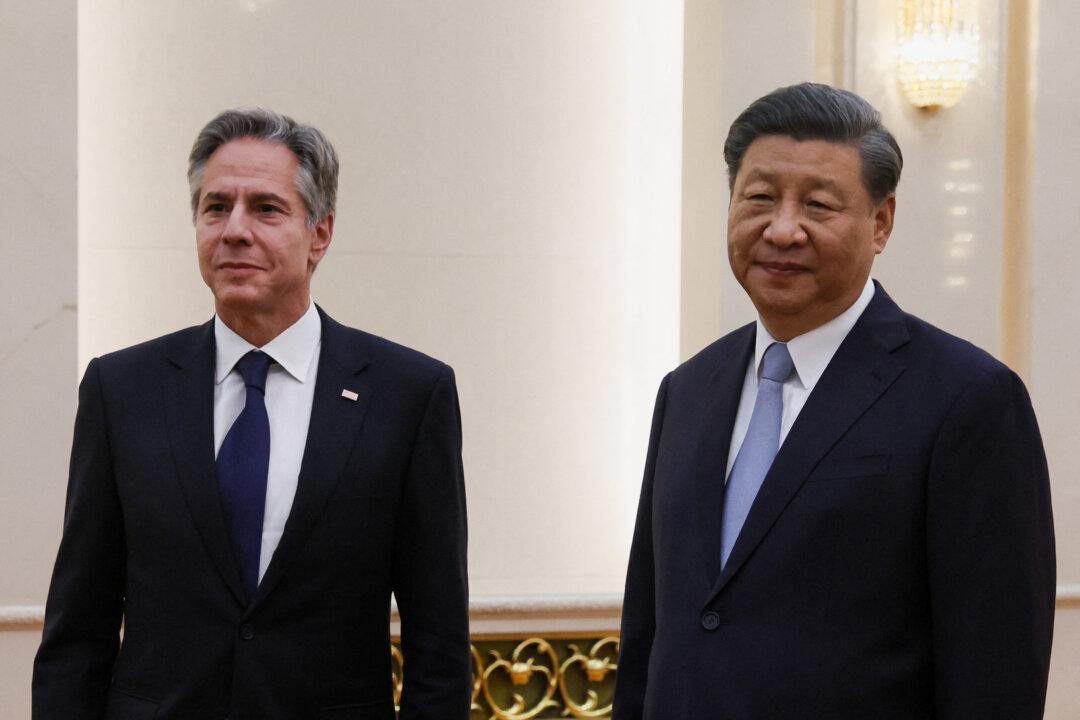U.S. Secretary of State Antony Blinken had a “robust conversation” with Chinese leader Xi Jinping and other top diplomats in Beijing on June 19, ending a two-day trip that some critics have argued is a win for the Chinese Communist Party (CCP).
Blinken, the most senior U.S. official to travel to China since President Joe Biden took office, met with Chinese Foreign Minister Qin Gang on June 18 before holding talks with the regime’s top diplomat, Wang Yi, on June 19.





